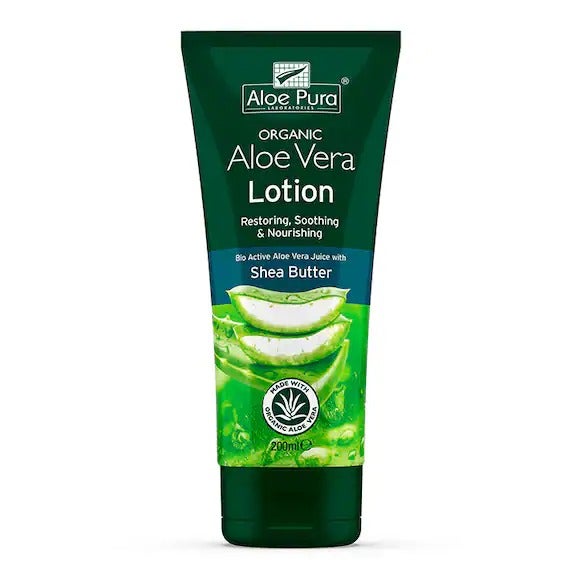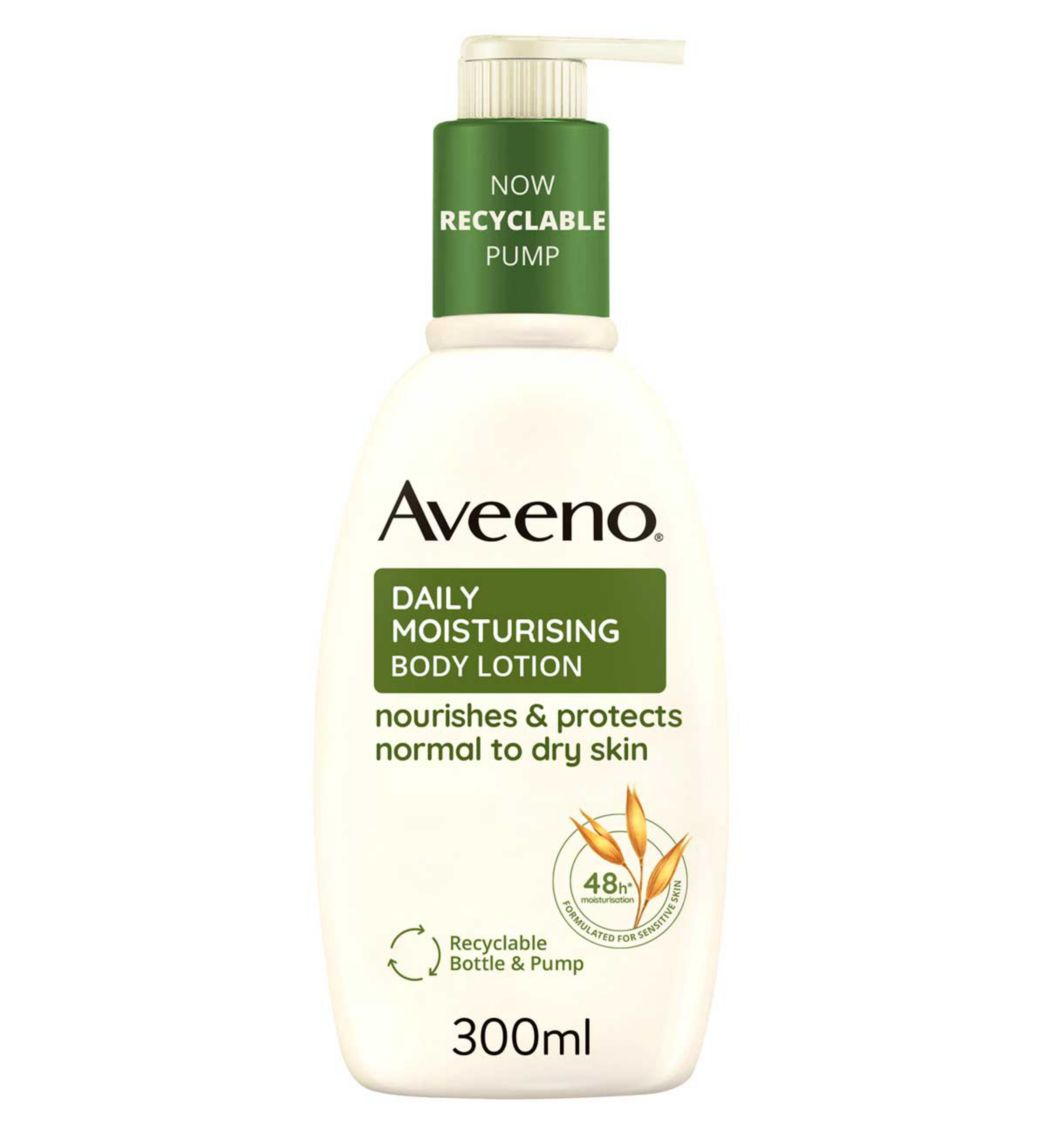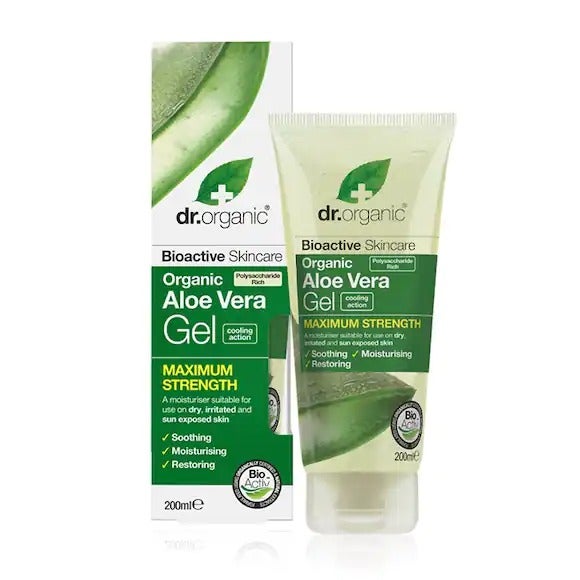All linked products are independently selected by our editors. If you purchase any of these products, we may earn a commission.
If you're an R29 regular, you'll know that we preach sun protection all year round — even more so when the weather is this hot. Staying in the shade, wearing a broad spectrum, high factor sunscreen and donning a hat and sunglasses are a must to shield skin against harsh UV rays, but we get it isn't always that straightforward.
When the wine in a can is flowing and you're distracted by the picnic spread, it's easy to forget just how long you're spending in the sun. More often than not, it'll leave you with a nasty case of sunburn. Characterised by red, hot and often painful skin which may develop blisters and peeling later down the line, sunburn is arguably the worst thing about summer (if you discount flying ants and the Tube). According to consultant dermatologist Dr Anjali Mahto, sunburn causes direct damage to DNA. "This results in inflammation and death of skin cells," she says, and "repeated sunburn can increase your lifetime risk of developing skin cancer in later life." Put simply, sunburn should be taken seriously.
AdvertisementADVERTISEMENT
Once you've headed into the shade, run yourself a cool bath and downed plenty of water to avoid dehydration, you might look to skincare to soothe the effects of sunburn. What you apply to your skin is crucial in this moment. However, you can't just apply anything from your skincare shelf.
What To Avoid When Treating A Sunburn
It may come as a surprise to many that your trusty body butter could actually make sunburn a lot worse, specifically if it contains one very common skincare ingredient: petrolatum. According to Dr Mahto, it pays to be wary of body lotions and creams containing ingredients such as petrolatum or petroleum jelly (as well as benzocaine or lidocaine). Why? "This may trap heat in the skin or cause local irritation," says Dr Mahto.
Petrolatum or petroleum jelly is classed as an occlusive. Though ingredients like these are used to relieve dryness, they lock in heat, which isn't going to do your inflamed skin any favours, especially when what you need most is to cool down fast.
How To Take Care Of A Sunburn The Right Way
Instead, Dr Mahto suggests moisturising after your cool bath or shower with a fragrance-free cream or lotion that doesn't contain the above, as this is likely to better reduce inflammation. "Repeated applications of this are necessary to reduce the appearance of peeling and may need to be continued for some weeks," adds Dr Mahto. "Aloe vera or soy-containing gels or lotions can also be helpful. Aloe vera not only has a cooling effect on the skin but also acts as an anti-inflammatory agent." Try Dr Organic Aloe Vera Gel, £8.49, or Aloe Pura Aloe Vera Lotion, £3, if you prefer a cream-based product.
AdvertisementADVERTISEMENT
If needed, Dr Mahto says you can use a mild steroid cream, which you can get from your GP or over the counter at a pharmacy. "0.5-1% hydrocortisone for 38 hours can help decrease pain and swelling caused by sunburn and speed up the healing process," Dr Mahto says, "though this is best avoided in children."
Of course, prevention is better than cure. Applying suncream before heading outside (and reapplying regularly throughout the day — carrying an SPF mist with you is helpful for top-ups) is your best bet for keeping sunburn at bay. Also be sure to cover up and seek shade where possible.
AdvertisementADVERTISEMENT









